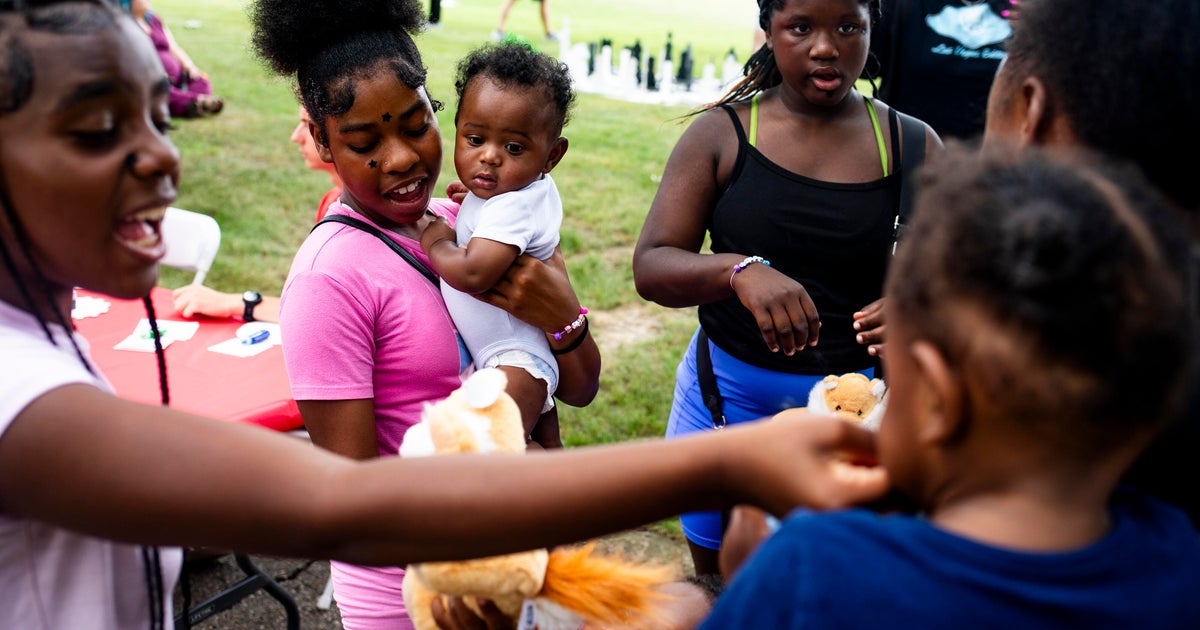Introduction to RX Kids
A procession of mothers carrying red sashes, pushing strollers, and tending to toddlers gathered at a small festival in Flint, Michigan, where families played with diapers and children. This event was known as a "baby parade." The women in attendance were participants in a growing program in Michigan that provides cash assistance to pregnant women and new mothers during the first year of their child’s life.
Program Overview
The program, launched in 2024, is funded by a mix of state, local, and philanthropic money. It provides mothers of newborns with up to $7,500 without income requirements or restrictions on how the money can be spent. Supporters believe that this program could be a model for alleviating the high costs of childcare in the USA. Senator John Damoose, a Republican and passionate supporter of the program, stated, "There are all sorts of reasons, no matter your political affiliation or ideology, to support this."
Eligibility and Benefits
To qualify for the program, women must prove that they live in a participating area and are pregnant, but they do not need to share any details about their income. The program is designed to be simple and straightforward. Pregnant women receive $500 every month for the first six to twelve months of their baby’s life, depending on the program location. Dr. Mona Hanna, a pediatrician and founding director of the program, explained that this period is a time of great economic vulnerability for new parents and a critical development time for babies.
Impact on Families
Most participants use the money for essential items like diapers, formula, and baby clothes, but the needs of every family are different. The monthly payment can also help with food, rent, and transportation costs. For some mothers, the additional money enables them to afford childcare and return to work, while for others, it allows them to stay at home longer. The program is currently available in several locations in Michigan, including Flint, Pontiac, and Kalamazoo, and is set to expand to more areas in the future.
Goals and Support
The main feedback that Dr. Hanna receives is that the program should be bigger. Legislators and others are taking notice, hoping to start similar programs in other states. The data shows that almost all pregnant women in Flint have registered for the program since it became available. The founders aim to eliminate any stigma or obstacles that might prevent people from signing up and want mothers to feel celebrated, which is why they organized the baby parade.
Personal Stories
Angela Sintery, a 44-year-old preschool teacher, learned about the program when she found out she was pregnant with her second child. She has spread the word to other parents and found the program to be incredibly helpful. Another participant, Celeste Lord-Timlin, said that the deposits helped her pay for graduate school while she was pregnant, making it possible for her to be a new parent without added financial stress.
Future Plans and Challenges
The program is currently heavily reliant on philanthropic donations, but Dr. Hanna’s long-term goal is for the government to become the primary provider. Democrats in the Michigan State Senate have introduced legislation to expand the program to every pregnant woman in the state, which has bipartisan support. However, it is unlikely that the program will be expanded statewide in the near future due to budget constraints. Despite this, supporters like Senator Damoose are committed to continuing to grow the program, seeing it as a way to put their money where their mouth is in terms of supporting life and families.
National Context
The issue of childcare costs and declining birth rates is gaining attention nationally, with some politicians advocating for increased support for families. A recent survey found that most Americans want the government to focus on the high costs of childcare rather than just the number of babies being born. The Trump administration has proposed increasing the child tax credit and creating a new children’s savings program, but critics argue that these measures do not adequately address the immediate needs of families. The RX Kids program, with its direct cash assistance, offers a different approach that could potentially serve as a model for other states and the federal government.

